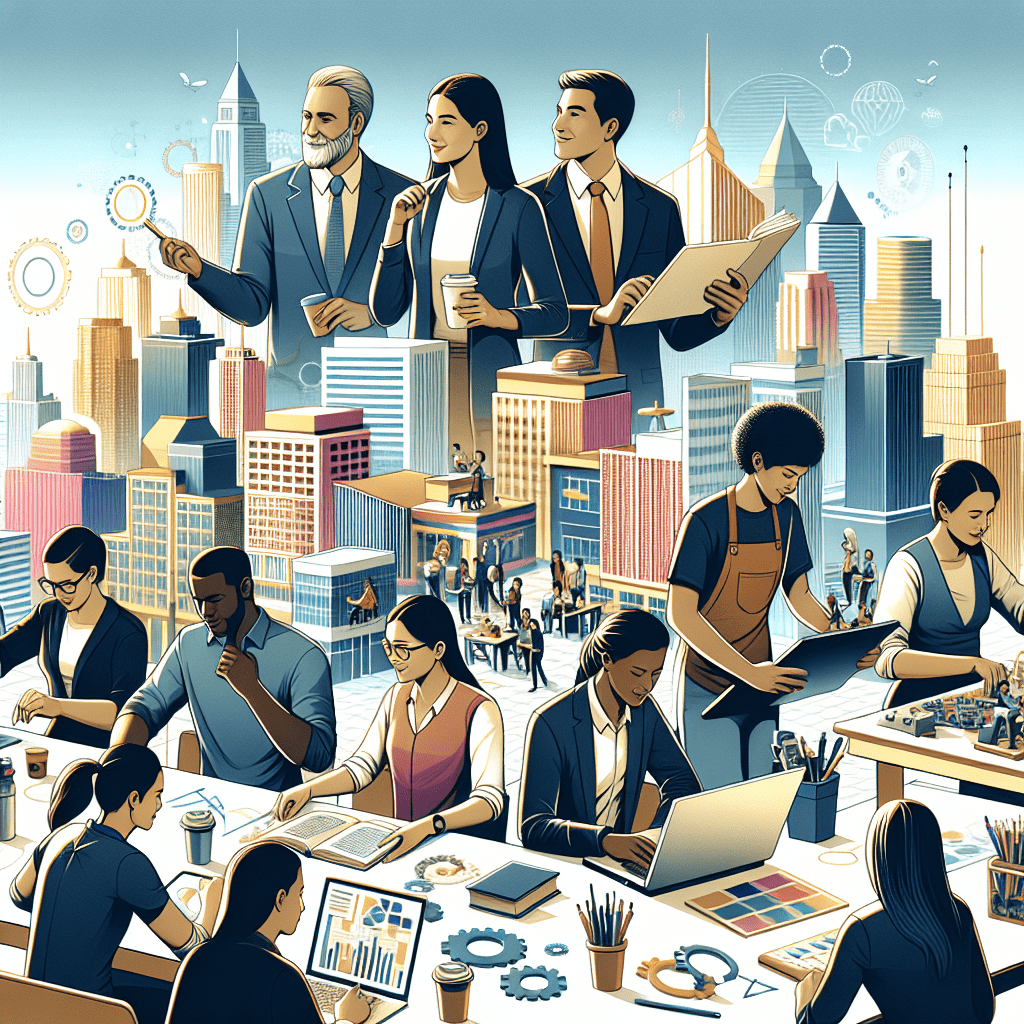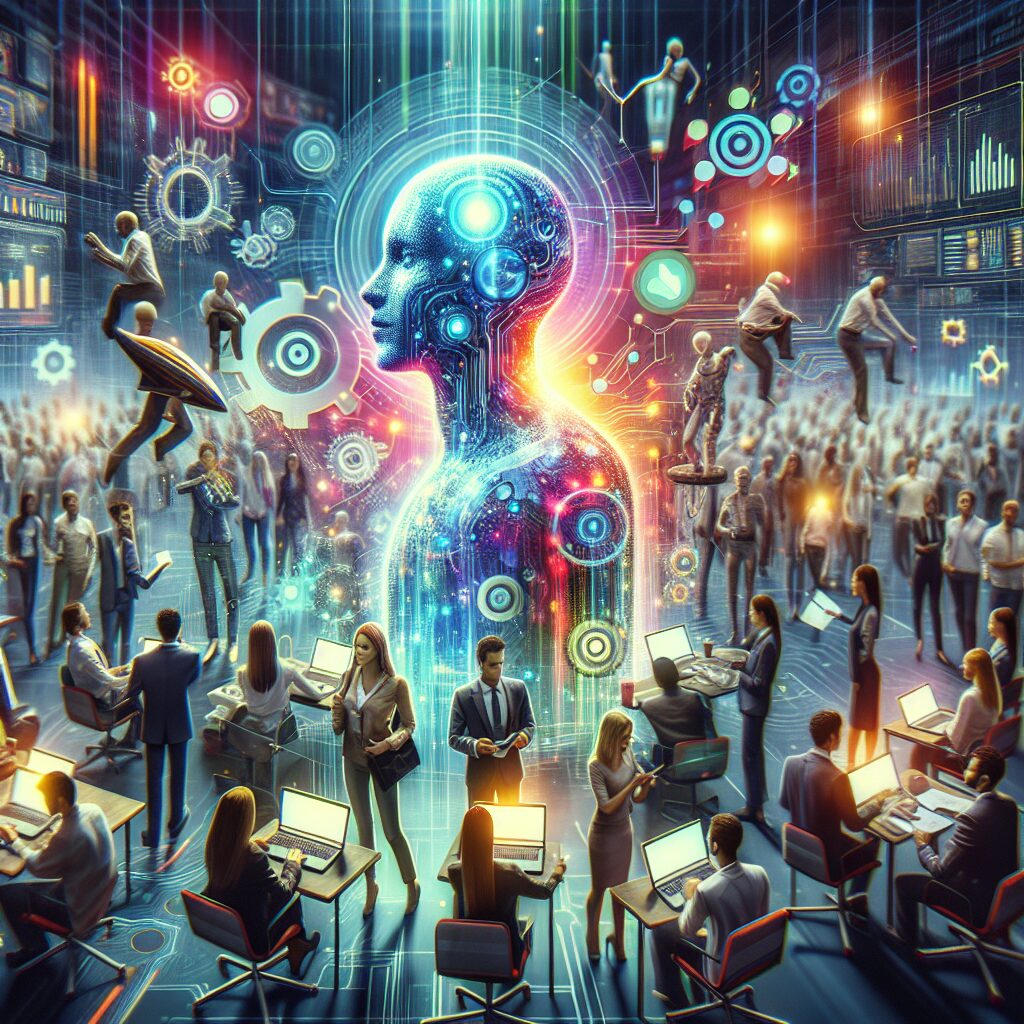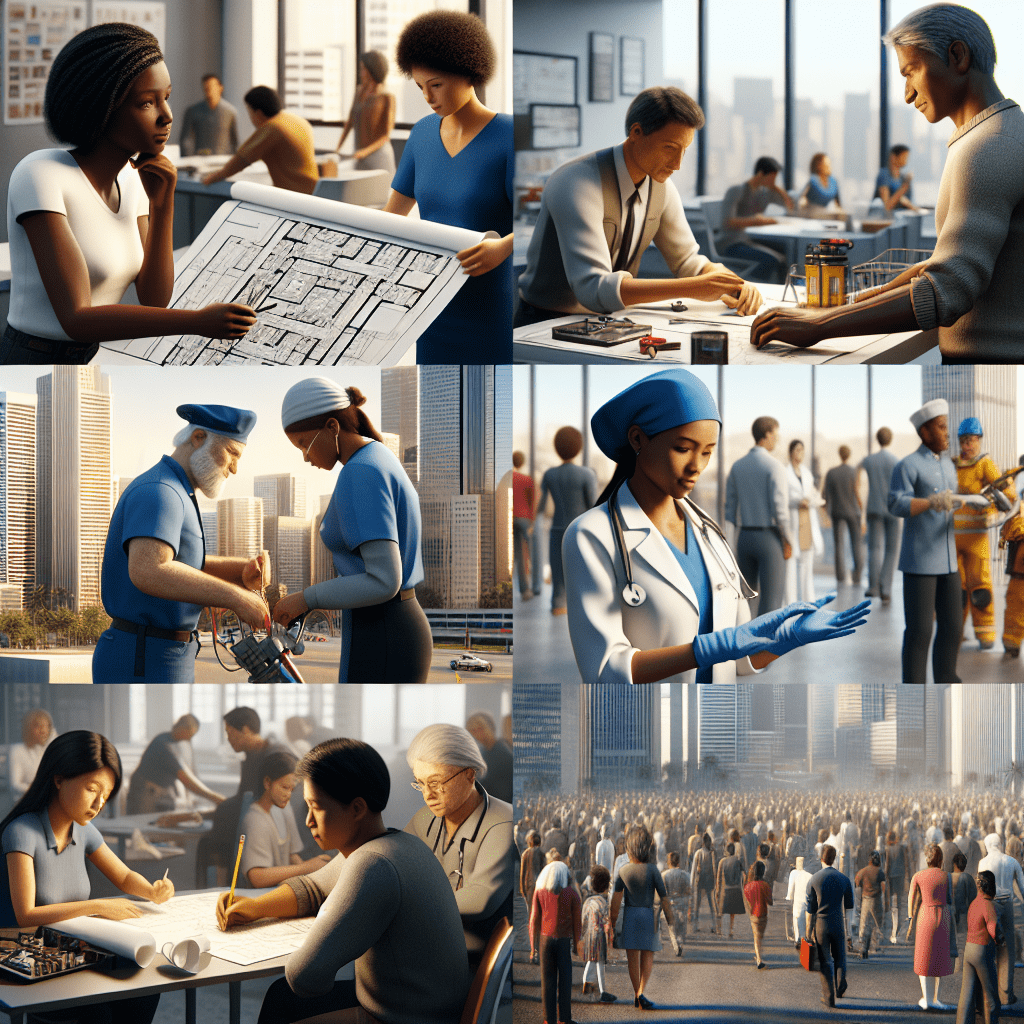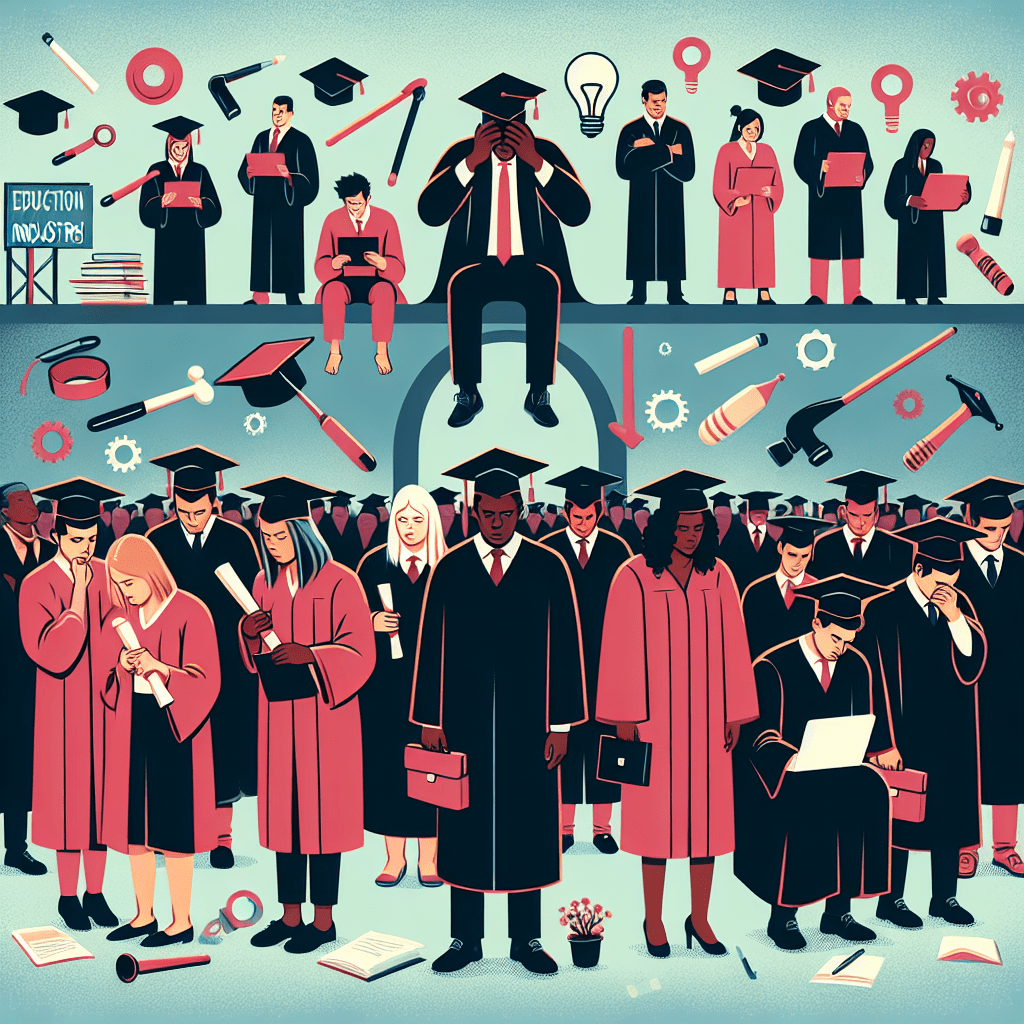
Navigating the Future of Education: Skills, Lifelong Learning, and Collaboration

The Future of Learning: A Crossroads We Cannot Ignore
Now, here’s a thought that might ruffle a few feathers: traditional education isn’t cutting it anymore. I mean, we live in a rapidly changing world where the job market resembles a wild ride at Alton Towers. If we don’t adapt, we’re going to be left scrambling at the gates. Anyone else feeling a bit anxious about that?
Embracing Practical Skills
One of the pressing questions we face is this: how do we ensure our learners are equipped with the skills that employers truly desire? In my experience, the answer lies in cultivating practical skills. It’s all about bridging the gap between classroom learning and the real world. Let’s be honest; when was the last time a complex theory helped you land a job?
Employers are increasingly looking for individuals who can hit the ground running. They don’t want to spend precious time and resources training new hires in skills they could easily have learnt beforehand. This is where a more hands-on approach to education comes in. We need to value apprenticeships, vocational training, and internships. These routes not only equip students with the relevant skills but also give them the confidence that comes from real-world experience.
Lifelong Learning: The New Normal
Now onto our next point: lifelong learning. Sounds fancy, doesn’t it? But in practice, it’s simply about embracing the idea that learning doesn’t stop at graduation. With industries evolving faster than a speeding bullet, we need to become lifelong learners to keep our skills fresh and applicable.
To illustrate my point, think about this: we don’t just want our young people to come out of school with a set of skills and then call it a day. That would be like buying a fancy coffee machine and never using it again. Instead, we should instil a culture where individuals are encouraged to continuously upgrade their skills. Online courses, workshops, and webinars can all be part of this journey.
Creating Stronger Partnerships
What’s next? The third vital change we need to make is forging stronger partnerships with businesses. This isn’t some corporate jargon; it’s about collaboration on the ground level. By talking to employers and understanding their needs, we can design training programmes that are tailor-made for today’s job market.
Imagine a scenario where businesses collaborate with educational institutions to create a curriculum that prepares students for specific roles. This ensures that when students enter the workforce, they’re already a step ahead. It’s a win-win situation: companies get competent employees and students get good jobs. Who wouldn’t want that?
It’s Up to Us
It feels like we stand at a crossroads in education, doesn’t it? The decisions we make now will shape the workforce of tomorrow. If we carry on as we always have, we risk leaving our graduates in the lurch, ill-prepared for the demands of the modern workplace.
But here’s my personal insight: every change I’ve ever made in life started with a conversation. Whether it was brainstorming ideas over a pint with mates or simply having a chat with a mentor, ideas flourish when they’re shared. So why not extend that to reshape our educational system?
What do you think are the essential changes we need in our education system? I’m not looking for polished answers; I want to hear your thoughts. Let’s spark a conversation about how we can drive this change together. Your insights could be the catalyst for the next big thing in education.
Final Thoughts
The future of learning is in our hands. Will we choose wisely?
Join the discussion below, and let’s work towards an education system that not only prepares learners for jobs but equips them to innovate, adapt, and thrive in an ever-changing world.
#Education #FutureOfWork #CitySkills





